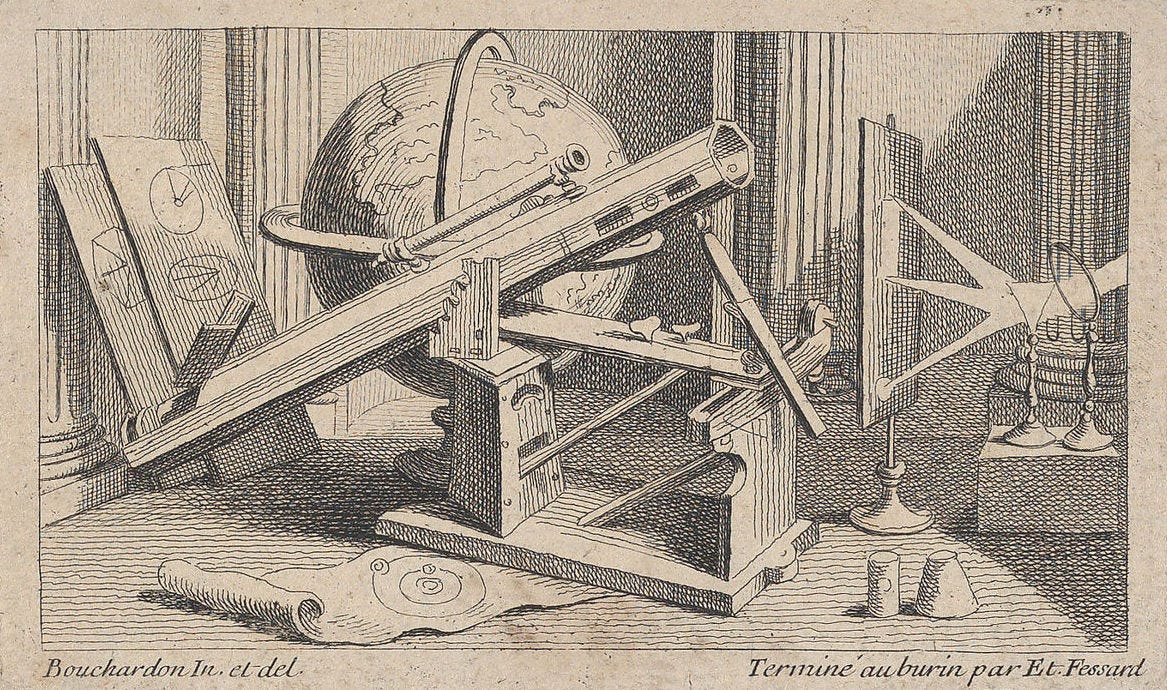
April 7, 2022
In this week’s issue of Public Seminar, Adam Michnik, Irena Grudzińska-Gross, Mark Frazier, Nikolay Koposov, Karolina Koziura, and Ihor Andriichuk examine the political interests surrounding the war in Ukraine.
Ukraine
Contrary to Putin’s vision of history, Ukraine became a political entity long before Russia, and its ideas of statehood and sovereignty predate the USSR, explains Karolina Koziura. “Ukrainian political culture has long been pluralistic, and formed in relation to Jewish, Polish, Russian, Romanian, Turkish, and Greek influences. The country has been historically multiethnic and multilingual. Throughout the nineteenth and twentieth centuries, many cities across the country were proudly called ‘Little Viennas’ or ‘Little Pragues’ and resembled their Western neighbors more than Russian cities.” (April 6, 2022)
“Has the concept of war turned into some kind of champagne? Should we call it a sparkling crisis if France and Germany are not participating?” To see the war in Ukraine clearly, Ihor Andriichuk recommends a Socratic approach. (April 4, 2022)
Adam Michnik presents an appeal from Nobel laureates, former presidents and prime ministers, scientists, and journalists: “Accept Ukraine into the European Union and open a path to NATO membership. A path does not mean immediate accession, though in today’s war conditions this path should be as short as possible. But the Ukrainians have earned it more than anyone else. They are defending not only Ukraine, but all of Europe.” (March 22, 2022)
Russia
“Russia has no national interests, not even in Ukraine. To have interests, a nation (or any group of people) must have subjectivity, which the Russians as a nation do not have under the current regime.” Nikolay Koposov discusses how Putin’s repression of information, discussion, and public decision-making has left Russia with a people afraid of their government, and a government afraid of its people. (April 6, 2022)
Do you believe in public debate encompassing a range of perspectives? Share this week’s newsletter with a friend.
China
One month into the war, Mark Frazier writes, it’s evident that China’s response will be calculated in terms of how it can make gains against the United States. “The most revealing and succinct statement of China’s position came in a tweet from the China Global Television Network (CGTN) news anchor Liu Xin on March 19. This was the day Xi Jinping and Joe Biden held a two-hour video conference call. Liu’s tweet, written in English and directed at CGTN’s global audience, mocked American requests for China to do more: ‘Can you help me fight your friend so that I can concentrate on fighting you later?’” (April 4, 2022)
Poland
In Poland, prewar fascist symbols and organizations have been revived under the guise of anticommunism and via a pact with the Catholic Church, Irena Grudzińska-Gross explains. “The annual blessing of Polish xenophobes by Pauline priests at the most holy of Catholic places in Poland, Jasna Góra—a solemn pledge to defend Mary, mother of God and her son, Jesus Christ, enthroned as the king of Poland—is a sight to behold.” (April 5, 2022)



